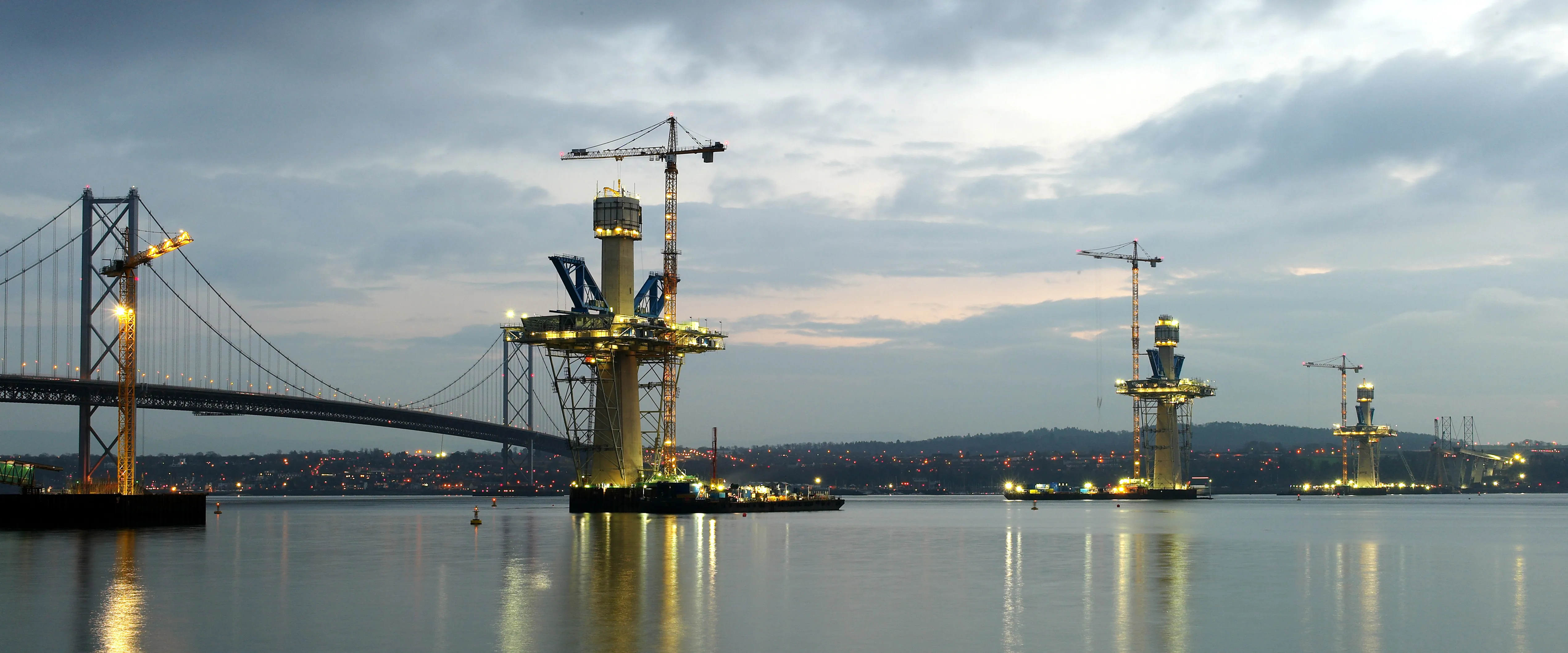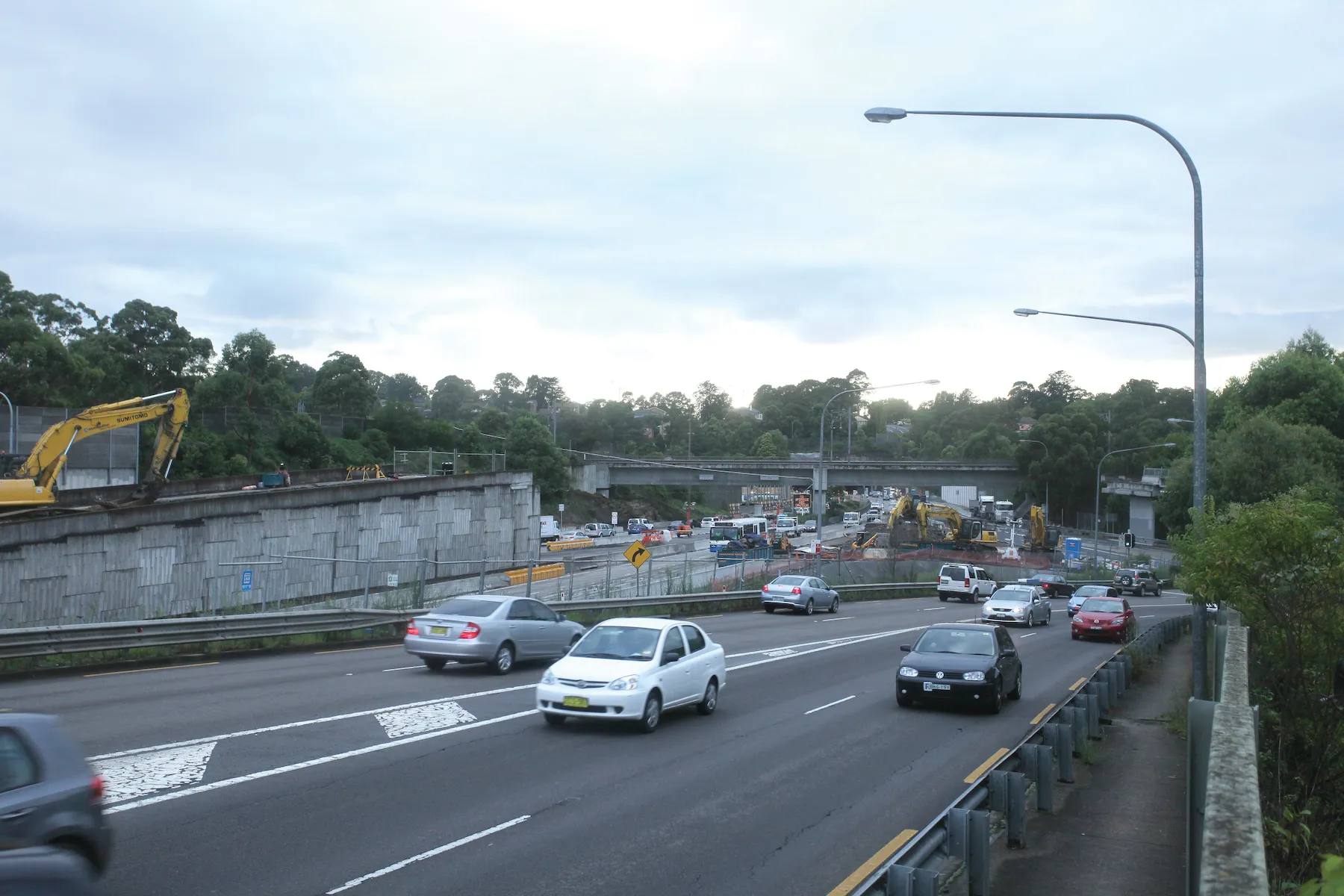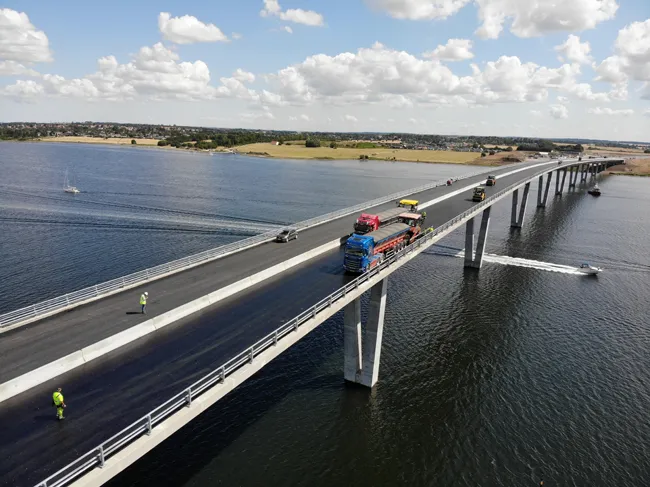November 3, 2016
The companies will be able to tender for two framework agreements, one for client consulting services and the other for technical in-house consulting services.
Femern is responsible for building the 18km Fehmarnbelt Fixed Link immersed tunnel between Rødbyhavn in Denmark and Puttgarden in Germany. The estimated cost has increased over the past several years to reach around €7.4 billion.
The tunnel design is for a four-lane motorway running beside a dual-track electrified railway. The project also includes upgraded rail and motorway connections from Ringsted to Rødby in Denmark and from Puttgarden to Lübeck in Germany.
The framework on client consulting covers the periods up to and during construction and then transition to the operational phase. It also covers assistance relating to potential claims from the contractors during construction and for a period after the end of construction work.
Companies operating under the framework for technical in-house consulting services will work alongside Femern’s own technical division as an added resource.
Companies prequalified for technical in-house consulting includes
Companies prequalified for client consulting work includes CH2M HILL UK, Rambøll-Arup-TEC Joint Venture (Denmark, UK, Netherlands), Sweco Danmark (Denmark) and ÅF Infrastructure AB (Sweden).
Work is expected to start in 2019 as the earliest, although it remains subject to approval by German authorities. Approval could come next year.
Earlier this year, the Danish government has awarded €4.4 billion worth of contracts to an international consortium that includes German Wayss und Freytag Ingenieurbau, Max Bögl Stiftung and Netherlands-based BAM. Contracts include the excavation and construction of underground tunnels, manufacture of internal tunnel elements and the entry and exit ramps.








